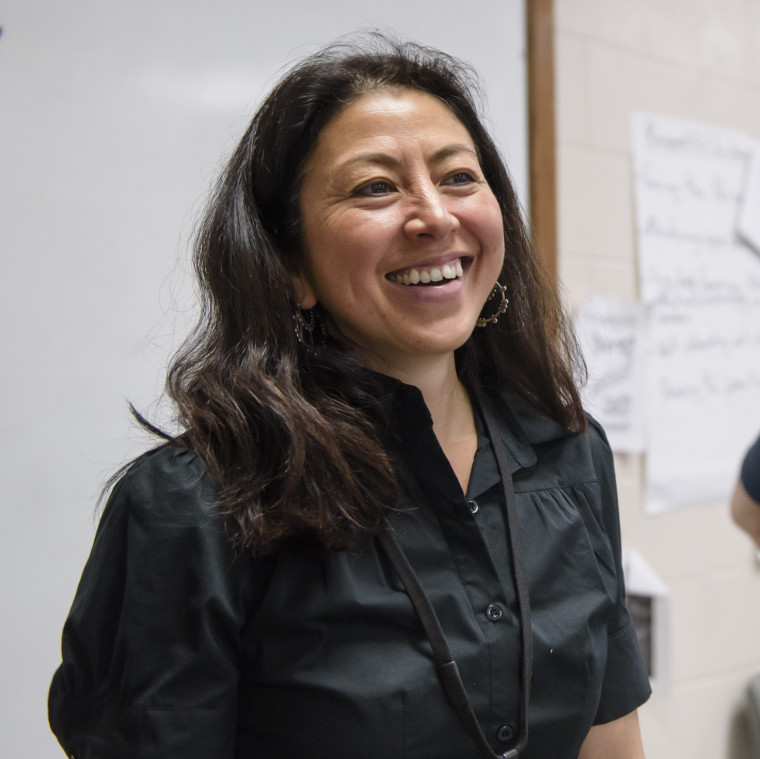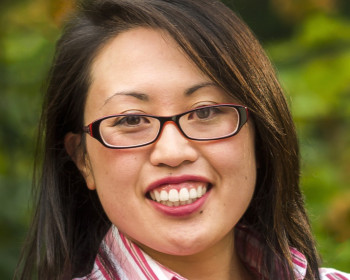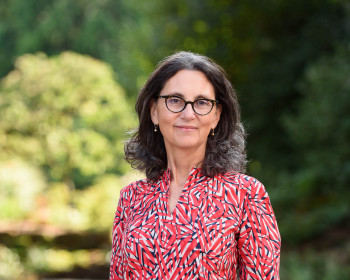Windows in the Walls
Open gallery

Associate Professor of History Reiko Hillyer has been awarded a Franklin Research Grant by the American Philosophical Society for her book project, “Windows in the Walls: The Permeability of the Prison and the Rise of Mass Incarceration.” This manuscript will examine the “thickening” of prison walls in the post-war period and demonstrate that the U.S. prison was much more permeable in the era prior to mass incarceration. Dr. Hillyer’s research explores the decline of practices throughout the twentieth century—including but not limited to releasing prisoners for holidays, visiting sick relatives, allowing temporary furloughs, participation in prison ministries and volunteering—that that had allowed incarcerated people to transcend the prison’s physical boundaries. Each chapter in Dr. Hillyer’s book, which she expects to complete during 2020-21, will center on particular practices that connected incarcerated individuals to the outside world, and the increasing normalization of prison’s invisibility and solitary confinement.
The Franklin program is designed to support the costs of conducting research, including travel to libraries and archives, and Dr. Hillyer will use this competitive funding during her upcoming sabbatical to conduct research in the Massachusetts State Archives, the California State Archives, the Ronald Reagan Presidential Library, and the Billy Graham Center at Wheaton College in Illinois. These institutions house the materials Dr. Hillyer needs to complete the final two chapters of her book manuscript. “Weekend Passes: Moral Panic and the Decline of Furlough” will examine the practices of furlough, which was commonplace in all 50 states until 1988. “Beyond Redemption” will explore the phenomenon of faith-based prison ministries, which included volunteers ministering to prisoners as well as organized seminars that prisoners from around the U.S. were allowed to leave prison in order to attend. Both of these practices clearly influenced prisoners’ relationship to free society in different ways.
More Sponsored Projects and Research Compliance Office (SPARC) Stories
Sponsored Projects and Research Compliance is located in room 208 of Albany on the Undergraduate Campus.
MSC: 47
email sponsres@lclark.edu
voice 503-768-7211
SPARC uses a team email, so please email sponsres@lclark.edu
with questions or if we can be of assistance.
Assistant Vice President
Kelly L. DelFatti, CRA
503-768-7211
delfatti@lclark.edu
Research Administrator
Jessica Sweeney, MA
503-768-7193
jessicasweeney@lclark.edu
Sponsored Projects and Research Compliance
Lewis & Clark
615 S. Palatine Hill Road MSC 47
Portland OR 97219

